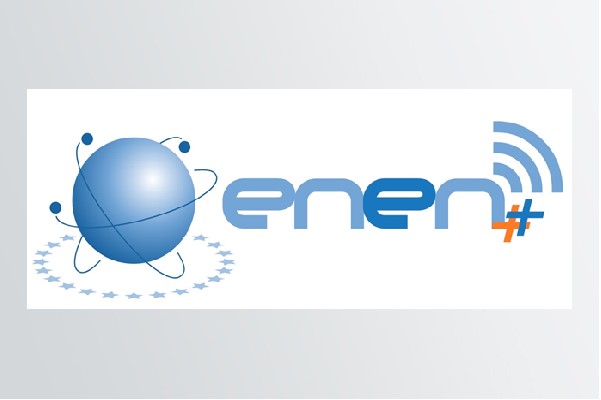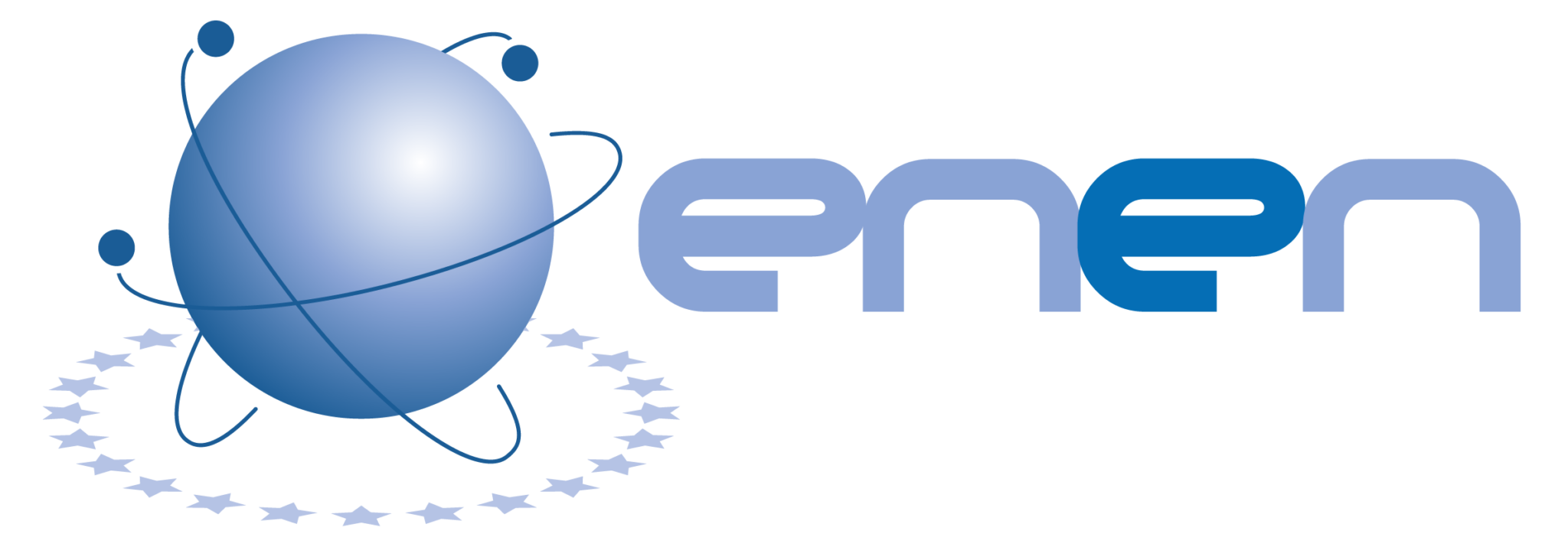ENEN Member: SCK CEN
BELGIAN NUCLEAR RESEARCH CENTRE
(SCK CEN, MOL, BELGIUM)
The Belgian Nuclear Research Centre, SCK•CEN, was created in 1952. SCK CEN is a foundation of public utility with a legal status according to private law, under the tutorial of the Belgian Federal Minister in charge of energy. More tan 600 employees realize a turn-over of 80 M€.
The statutory mission gives the priority to research on problems of societal concern like safety of nuclear installations, radiation protection, safe treatment and disposal of radioactive waste, fight against uncontrolled proliferation of fissile materials, education and training (BNEN, ENEN and International School for Radiological Protection), etc. In order to perform its research programme, to provide services to industry and third parties and for training purposes SCK CEN operates several nuclear facilities:
• The BR2 Material Testing Reactor with a very high neutron flux, both thermal and fast;
• The BR1 graphite-gas Research Reactor;
• The VENUS zero power, light water critical facility;
• The HADES Underground Research Laboratory, sited at 250 m depth in the Boom clay-layer;
• The Laboratory for High and Medium Activity with various hot cells;
• The Nuclear Analysis and Chemical Laboratories;
• The MYRRHA project, a design study of a new accelerator driven sub-critical System;
• The BR3 Pressurized Water Reactor, presently a European demonstration programme for reactor dismantling
| Website: http://www.sckcen.be/sckcen_en/ |
BNEN – Belgian Nuclear higher Education Network
|
In a country where a substantial part of the electricity generation will remain of nuclear origin for a number of years, there is a need for well educated and well trained engineers in this area. Public authorities, regulators and industry brought their support to this initiative. In 2001, the Belgian Nuclear Research Centre SCK CEN and five Belgian universities signed a consortium agreement to set up an education programme in nuclear engineering. In the academic year 2006-2007, a sixth university, ULB, joined the programme. The universities involved are now: KUL (Leuven), UG (Ghent), VUB (Brussels), UCL (Louvain-la-neuve), ULg (Liège) and ULB (Brussels). These seven partners have engaged themselves to provide students and young-professionals with a high-standard nuclear engineering programme. The BNEN academic programme is a one-year (60 ECTS) Master-after-Master programme open for holders of a Master degree in engineering. For students not fully satisfying this requirement, special entrance considerations apply. The programme consists of ten courses to be followed mandatory (41 ECTS), the opportunity to select a number of advanced courses at will (up to 4 ECTS worth) and a Master thesis (15 ECTS). The subjects of the courses range form nuclear physics, nuclear reactor theory, nuclear thermohydraulics to reactor plant operation and control, radiation protection and safeguards and nuclear materials. It also includes courses on nuclear energy and the nuclear fuel cycle. For a complete list of all courses, see http://www.sckcen.be/bnen/courses_shares.html. All courses are given in a modular fashion, i.e. the students get a course in the duration of one up to three weeks of continuous lectures and lab sessions. Attention is indeed paid to the fact that most courses are not only theoretical ones, but many of them have exercise sessions and laboratory sessions associated with them. These sessions are organised and thought by the scientific staff at SCK CEN. Both full-time students and young-professionals are enrolled in the BNEN programme. The latter usually take on a subject of their day-to-day job to study for their Master thesis while the full-time students typically take a research subject at SCK CEN. These subjects cover all possible domains related to nuclear engineering. The advanced courses either deepen or broaden a subject touched in the regular courses. BNEN itself organises each year a number of these advanced courses for which we invite specialists in a certain field. Some of the courses that were organised are “Severe accidents” (CEA), “Decommission of nuclear facilities” (SCK CEN), “Underlying R&D for the disposal of radioactive waste” (SCK CEN) and “Production of radioisotopes” (IRE). All these courses are open for attendance by not only BNEN students, but also ENEN students and (young-)professionals.
|
|
Website: http://www.sckcen.be/bnen Partners: KULeuven, UGent, VUBrussel, UCLouvain, ULiège, ULBruxelles, SCK CEN Official language: English President of the consortium: Prof. Dr. Ir. Jacqueline Lecomte-Beckers,ULiège (2006-2007, 2007-2008) |


